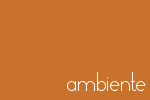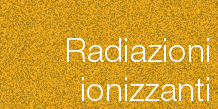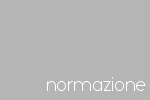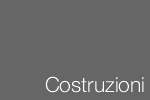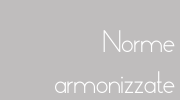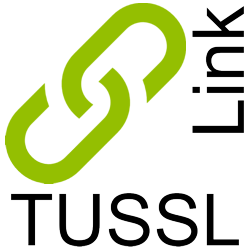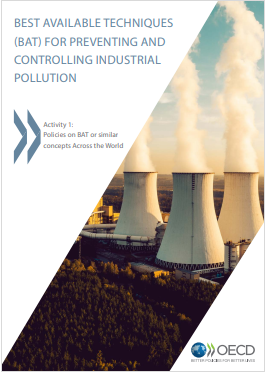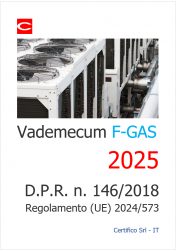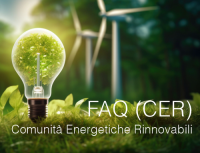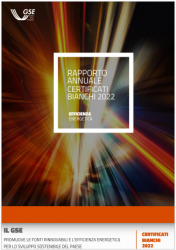Best Available Techniques (BAT) for preventing and controlling industrial pollution
| ID 12125 | | Visite: 2592 | Documenti Ambiente Enti | Permalink: https://www.certifico.com/id/12125 |
Report on OECD project on Best Available Techniques for preventing and controlling industrial chemical pollution
This report provides an overview of policies and practices that envisage prevention and control of industrial emissions to air, water or soil for 7 OECD Member and Partner Countries, namely: the United States, European Union, India, People’s Republic of China, Japan, Russian Federation and New Zealand. The overview includes information on the: type of policy instrument, pollutants to which it apply, sectors/activities to which it applies, date of entry into force and timing for implementation, concept, i.e. technology-based or not, definition of the concept, underlying criteria, requirement linked to use of BAT or similar concept, and the actors involved. No assessment or comparison of policies and practices was made. And thus no “best concept” was selected. However, some general conclusions on Activity 1 can be drawn:
- Policies to prevent and control industrial emissions often propose a technology-based approach (BAT or similar concept), whether or not combined with an approach based on environmental quality objectives (EQO concept).
- For prevention and control of emissions to air and water, there is often a hierarchy of general legislation supported by specific legislation. For the prevention and control of emissions to soil/land however, there is often no specific legislation, only general legislation.
- The technology-based approach is not always (clearly) defined (if there is already one). Underlying criteria might be referred to in legislation explicitly, however practice might be different. It is not always clear if, and to what extent, the criteria are taken into account when selecting techniques as “advanced techniques” and determining associated emission values.
...
1.1 Background
All over the world, different policies and practices are being implemented to prevent and control industrial emissions in order to ensure a high level of environmental and human health protection. Many of these policies incorporate the concept of the BAT (best available techniques). It is evident that the BAT concept has evolved as one of the key elements for setting Emission limit values and other permit conditions in preventing and controlling industrial emissions. The definition in the Directive 2010/75/EU (European Commission 2010) provides a good example on how BAT is understood in most countries. ‘Best available techniques’ means the most effective and advanced stage in the development of activities and their methods of operation, which indicates the practical suitability of particular techniques for providing the basis for emission limit values and other permit conditions designed to prevent and, where that is not practicable, to reduce emissions and the impact on the environment as a whole. The concept of BAT is also used in multilateral environmental agreements related to industrial pollution (e.g. Minamata Convention on Mercury, Stockholm Convention on Persistent Organic Pollutants and Ospar Convention for the Protection of the Marine Environment of the North-East Atlantic). Furthermore, similar concepts are being used worldwide, such as:
- Best Available Control Technology (BACT),
- Best Available Techniques/Technology Not Entailing Excessive Cost (BATNEEC),
- Best Conventional Pollutant Control Technology (BCT),
- Best Environmental Management Practice (BEMP),
- Best Environmental Practice (BEP),
- Best Practicable Environmental Option (BPEO),
- Best Practicable Means (BPM),
- Best Practicable Control Technology Currently Available (BPT),
- Reasonably Available Control Technology (RACT).
...
OECD 2017
The Organisation for Economic Co-operation and Development (OECD) is an intergovernmental organisation in which representatives of 34 industrialised countries in North and South America, Europe and the Asia and Pacific region, as well as the European Commission, meet to co-ordinate and harmonise policies, discuss issues of mutual concern, and work together to respond to international problems. Most of the OECD’s work is carried out by more than 200 specialised committees and working groups composed of member country delegates. Observers from several countries with special status at the OECD, and from interested international organisations, attend many of the OECD’s workshops and other meetings. Committees and working groups are served by the OECD Secretariat, located in Paris, France, which is organised into directorates and divisions.
Collegati
| Descrizione | Livello | Dimensione | Downloads | |
|---|---|---|---|---|
| Best Available Techniques (BAT) for preventing and controlling industrial pollution OECD 2017.pdf OECD 2017 |
3035 kB | 7 |







